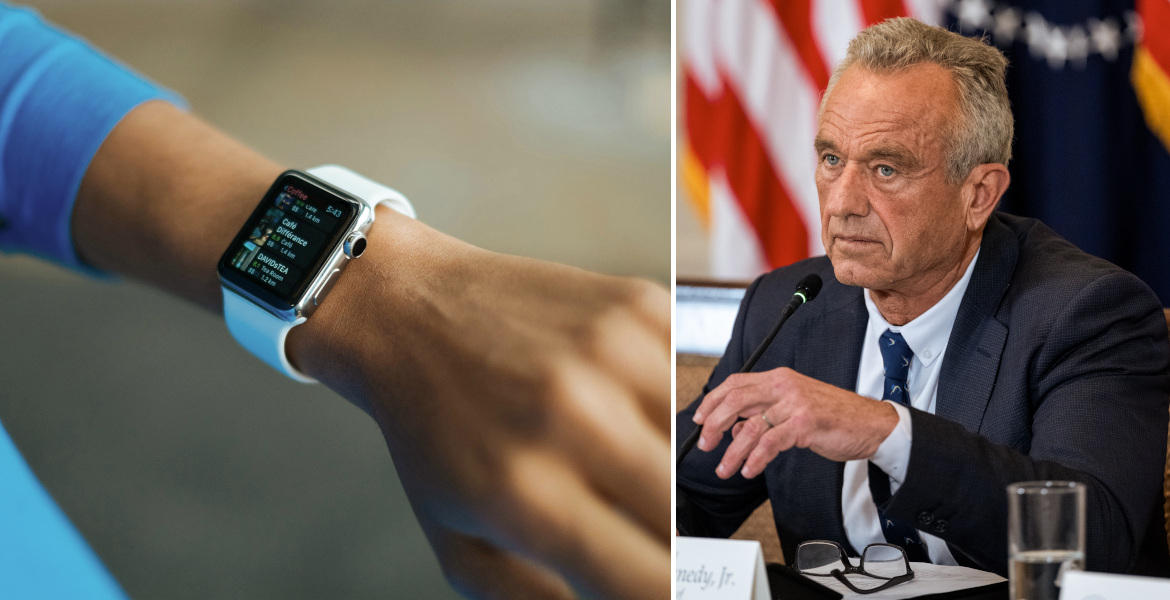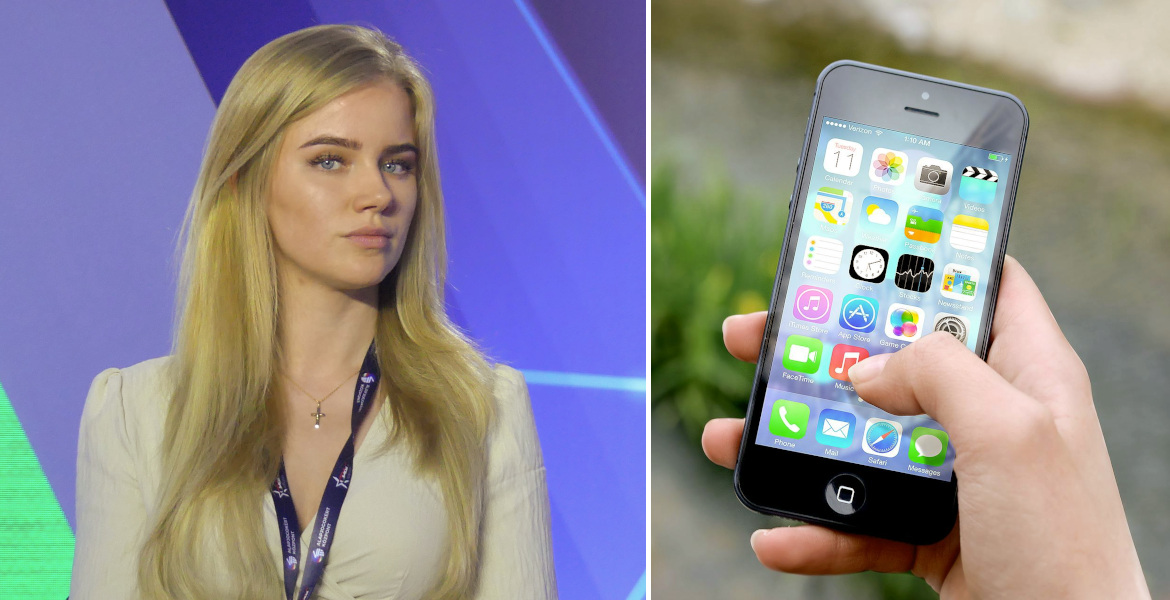US Secretary of Health and Human Services Robert F. Kennedy Jr. has presented a plan for all Americans to wear body-monitoring technology that tracks their health in real time.
The measure is described as a crucial part of the national initiative MAHA – Make America Healthy Again – which aims to reverse America’s widespread public health crisis using modern technology.
During a hearing before the House Energy and Commerce Committee on Tuesday, Kennedy revealed that the Department of Health and Human Services (HHS) will launch one of its most extensive campaigns ever – to get Americans to wear so-called wearables, body-worn technology that collects health data around the clock.
– We’re about to launch the biggest advertising campaign in HHS history to encourage Americans to use wearables, Kennedy said.
Products mentioned in the initiative include FitBit, Oura Ring, and Apple Watch – popular devices that can measure heart rate, movement, sleep, and in some cases even blood glucose.
– It’s a way people can take control over their own health. They can take responsibility. They can see, as you know, what food is doing to their glucose levels, their heart rates, and a number of other metrics, as they eat it, he explained in a statement also published on the X platform.
“Key to the MAHA agenda”
Kennedy emphasized that he sees the technology as a crucial part of his vision:
– We think that wearables are a key to the MAHA agenda of making America healthy again and my vision is that every American is wearing a wearable in four years.
The Secretary, who belongs to the influential Kennedy family, often emphasizes individual responsibility for health but also links the issue to national security. During his Senate hearing, he described America’s obesity epidemic – which now affects about 40 percent of the population – as a threat to military readiness.
“Reduce global metabolic suffering”
One of the leading advocates for this type of technology is also President Trump’s nominee for Surgeon General, Dr. Casey Means. She is co-founder of Levels, a company that develops and sells Continuous Glucose Monitors (CGM) – sensors attached directly to the skin that send blood glucose values to an app in real time.
Means claims in a blog post that “these small plastic discs” can “reduce global metabolic suffering” and provide much-needed help to the “93.2 percent of people” suffering from metabolic issues.
The food industry is also affected by MAHA. Kennedy recently revealed that Starbucks will make changes to its menu in line with the agenda – even though the company already avoids several common additives such as artificial colors, flavors, and high-fructose corn syrup.
Earlier this year, Kennedy implemented a ban on artificial colors in U.S. food production – one of his first major interventions as Secretary. Critics have questioned both methods and priorities in the MAHA policy, but Kennedy sees it as a first step toward a healthier and more responsible nation.
Concerns about mass surveillance
The use of wearable health technology has raised questions about users’ right to privacy. Most health trackers collect large amounts of sensitive information – including heart rate, sleep patterns, movement, and blood glucose levels – stored in apps connected to companies.
Critics argue that there is a lack of clear transparency in how this data is used, shared, or sold, and that state-encouraged collection of health data risks blurring the line between voluntary health monitoring and systematic surveillance.
While Kennedy emphasizes voluntariness, some analysts warn that large-scale campaigns and technology adaptations by major companies may create indirect pressure to participate.
As more institutions – such as employers, schools, or businesses – adapt to health tracking, there is a risk that those who opt out may be seen as deviant, receive worse conditions, or be excluded from parts of society.









